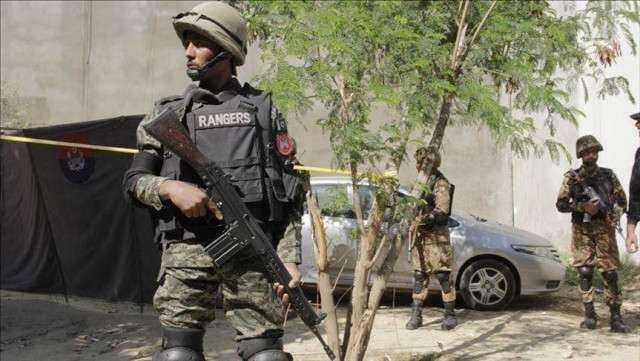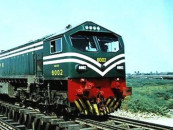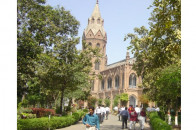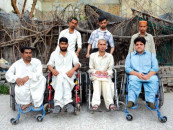Interprovincial transfers pass hurdles
Rotation policy in police aimed at ensuring discipline, merit

The past week saw senior and influential police officers busy in discussing transfers under the rotation policy and ways of avoiding them.
A week earlier, a sense of unexpressed happiness prevailed among the Police Service of Pakistan (PSP) cadre with a feeling that they had been victorious in making dysfunctional another government policy.
The Rotation Policy of 2020 affected the interest of many officers by envisaging transfer of all those who had served continuously for 10 years in a province.
The sense of relief among affected officials might have been emanated after the Sindh and Punjab governments reportedly conveyed their reservations to the establishment division regarding the transfer of senior officers.
Sindh government wrote a letter to the federal division, asserting that the policy of consultation must precede the rotation formula, while calling for review of the transfers.
In Punjab, some officers knocked the doors of courts to evade the orders. Many others, not willing to go out of the province, allegedly resorted to lobbying in the power corridors.
However, the establishment division did not succumb to the pressure.
On November 25, six police officers were relieved from Punjab and asked to report to the Sindh and Khyber-Pakhtunkhawah governments.
The transferred officers are Additional IG of Special Branch Zaeem Iqbal Sheikh, DIG Headquarters Muhammad Zubair Dreshak, RPO Syed Khurram Ali of Multan, Dr Inam Waheed of Sheikhupura and Ahmad Arslan of Saiwal, and DIG Sohail Akhtar Sukhera.
The PSP is a federal cadre whose officers can be posted in any part of the country. Assigning duties to the officers is the prerogative of the government and senior officers.
The officers are supposed to comply with orders. This is even more essential in a disciplined force like police, as the officers keep on telling their subordinates, peers and the citizens.
Whenever an officer takes change, he reshuffles his subordinates.
In Lahore, dozens of senior officers, including DIGs and CCPOs, have been transferred in recent years. Every new DIG transferred SHOs in bulk. Transferring subordinate officers is deemed a norm in the department.
However, when it comes to the transfer of a PSP officer, it is often found unpleasant and even resisted. This is a clear example of dichotomy.
Secondly, the bureaucracy is supposed to maintain its character of impartiality and fairness. It is supposed not to develop any sort of interest for or against any quarters, whether real estate, political, business community or any other.
An officer is posted at any place in his own pay and scale. A PSP officer serving in Punjab enjoys the same pay, scale, perks and privileges as in Sindh or K-P.
He or she needs to be worried about his transfer only if the perks and privileges other than his pay are affected.
Thirdly, it is important that all the officers get an exposure to every area of Pakistan, whether developed, undeveloped, urban or remote.
It is an injustice if the officers having good connections are appointed at posts of their choice, leaving their colleagues frustrated.
The rotation policy may also prove beneficial in promoting merit in postings by gradually decreasing the scope for using influence in this regard.
Strict implementation of the rotation policy will help reduce external interference in the department as posting for a longer period at a certain place breeds likes, dislikes and interests.
Published in The Express Tribune, December 5th, 2021.



















COMMENTS
Comments are moderated and generally will be posted if they are on-topic and not abusive.
For more information, please see our Comments FAQ